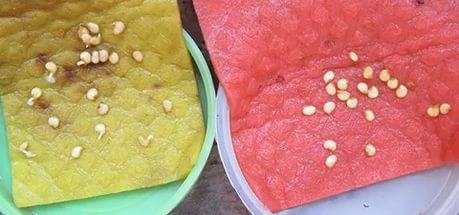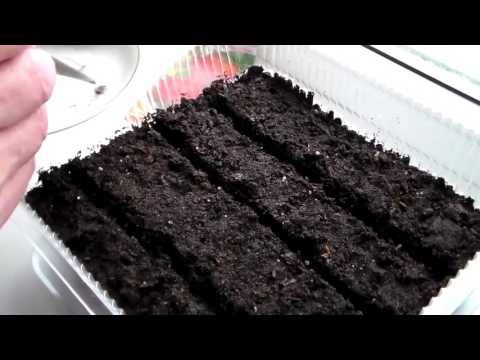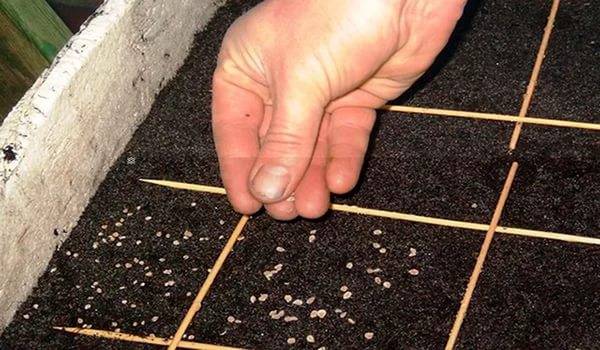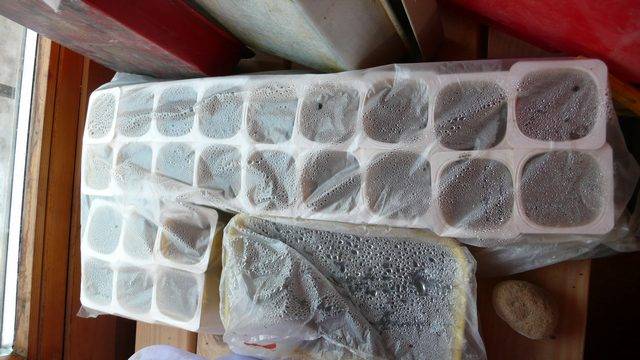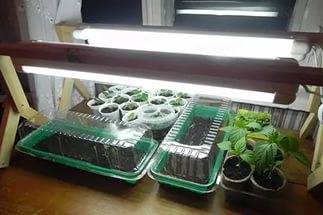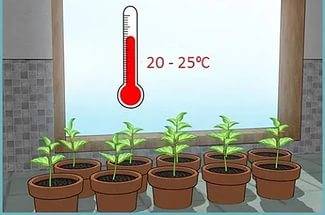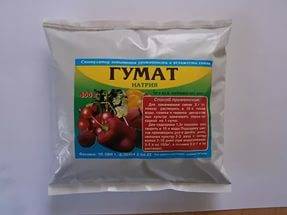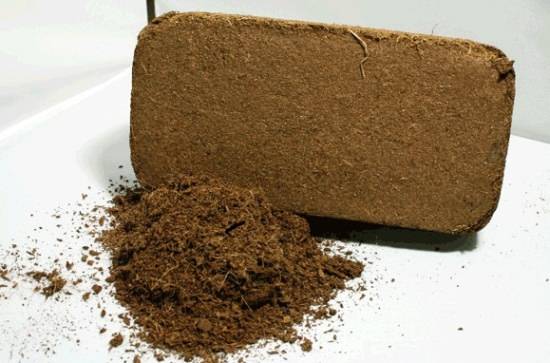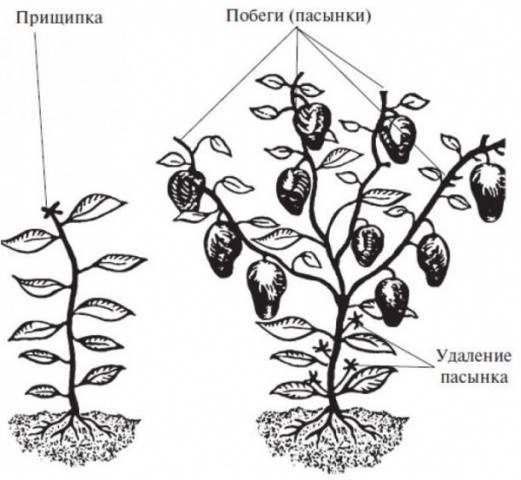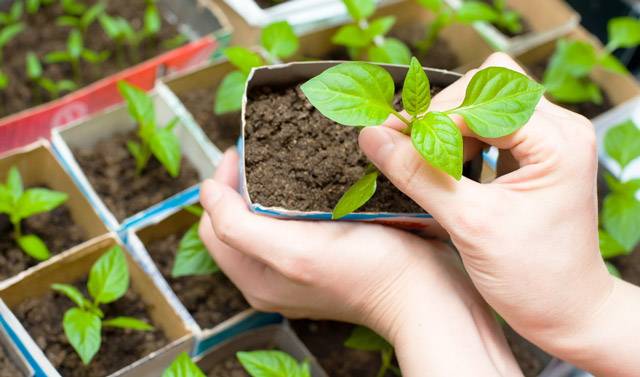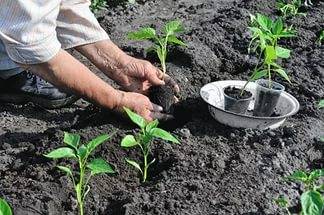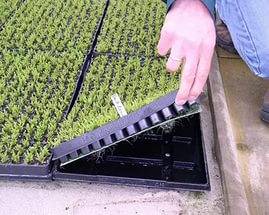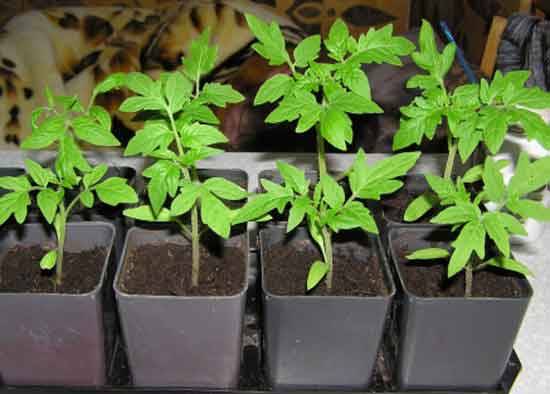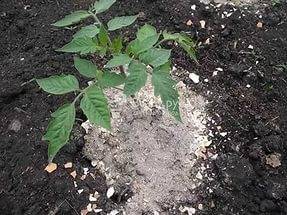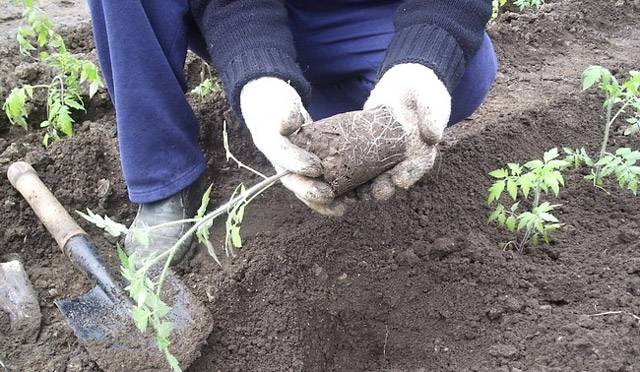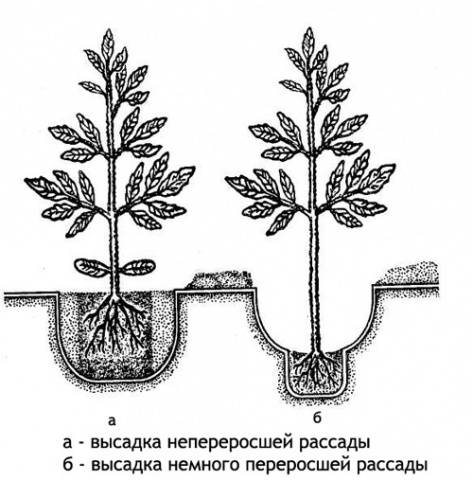Content
Bell peppers and tomatoes are thermophilic crops. Plants love nutritious soil, timely watering, and respond well to feeding. Due to the many similarities, for cultivation tomato seedlings pepper, almost the same technology is used. Of course, there are peculiarities of caring for each culture, which we will now talk about.
Preparing tomato and pepper seeds for sowing
Despite some differences in the agricultural technology of crops, when growing seedlings, the preparation of seeds is the same action. To get a bountiful harvest of peppers and tomato it is necessary to select healthy grains, carry out certain preparatory procedures with them, and grow strong seedlings from them. Each experienced vegetable grower has his own secrets of selecting and preparing seeds for sowing. We will consider the simplest and most common:
- Begin preparing pepper and tomato seeds with sorting... A small amount of grains is easier to sort by hand. They are laid out on the table and all small, blackened, broken ones are discarded. It is easier to sort out large quantities of tomato and pepper seeds in a saline solution. Warm water is poured into a glass jar with a capacity of 1 liter, 2 tbsp. l. salt, after which the seeds are poured there. The floating grains of tomatoes and peppers are considered unusable, and the jars that have settled to the bottom are taken for sowing. In order not to confuse the grains, each variety must be sorted separately. For convenience, the selected seeds can be put into bags and the name of each crop can be signed.
- On the shell of many seeds there are pathogenic microbes that infect future seedlings. You can get rid of them pickling grains of peppers and tomatoes in a 1% solution of potassium permanganate. The seeds are scattered in gauze bags and dipped in a dark red liquid for 30 minutes. After this treatment, the shell of a tomato or pepper grain turns dark brown. Next, it remains to rinse the seeds under running water, and then proceed to the next stage of preparation.
- For better germination, make embryo awakening... The seeds of tomatoes or peppers are kept for 2 hours in clean water at a temperature of 50-60aboutC. It is optimal to perform this procedure with a thermos, as it keeps the same temperature well for a long time. The heating process will speed up germination even those seeds of tomatoes and peppers that have been stored for several years. It is not advisable to heat the seed material on a radiator or other heating device. From high temperature the embryos may dry out.
- An awakened embryo of a pepper or tomato needs strength for further growth. Here special stimulants... The drug can be bought ready-made or you can use folk recipes. The easiest option is to add 1 tbsp of water to 1 liter of water. l. wood ash, plus a pinch of boric acid powder. In such a solution, the grains are soaked for 12 hours.
- The next method has many opponents and admirers. Some argue that it is better to harden only seedlings. Others say that hardening necessary for the seeds. Every vegetable grower is right in his own way, but if it comes to hardening, then the grains of tomatoes and peppers are put in the refrigerator for a day.
- After hardening, proceed to the last preparation method - germination... Seeds of tomatoes or peppers are laid out between two layers of wet gauze, and placed on a plate in the heat until they are pecked. The gauze is periodically moistened with water from a spray bottle, but not too much so that there is no large accumulation of liquid.
After 5 days, the appearance of the first embryos can be observed. It is impossible to tighten further, the seeds must be sown in the ground.
Soil for seedlings of peppers and tomatoes
Soil for tomato seedlings and sweet peppers have been cooked since autumn. The land is usually taken from the garden or they take sod soil, where only grass used to grow. It is stored in bags in the cold, but under cover so that it is dry. The winter cold kills some of the harmful microorganisms in the ground. Before planting, the soil is warmed up, after which it is mixed in equal proportions with peat and humus. For 3 buckets of the mixture, add 1 glass of wood ash, plus 2 tbsp. l. complex fertilizer. If the soil is clayey, add sawdust.
Video about preparing the soil for seedlings:
Sowing seeds of tomato and pepper
Housewives sow tomato and pepper seedlings in any container. These can be plastic cups, cut bags from juice or milk, boxes, flower pots, etc. But any container must be disinfected before sowing. The easiest way to do this is with a steep solution of potassium permanganate. A cotton swab is moistened in a solution and the inner walls of the planting containers are treated.
When everything is ready, the containers are filled with soil, where grooves with a depth of 1.5 cm are made on the surface with a finger.A distance of about 5 cm is maintained between the grooves.All the grooves are lightly watered with a weak solution of potassium permanganate, after which they begin to sow. Grains of tomato or pepper are laid out along the grooves in steps of 2-3 cm. Top seeds are covered with loose soil, and slightly moistened with warm water from a sprayer.
When all the seeds for seedlings are sown, the containers are covered with glass or plastic wrap. All cups are placed on a pallet or in any box. So it will be more convenient to transfer seedlings. It is important to keep the peppers and tomatoes at room temperature. Under the film should always keep from +24aboutFrom to +26aboutC, otherwise the seedlings will be delayed. Under these conditions, the tomato will germinate in 3-5 days. The peppers will appear later in about 7-12 days.
Lighting of seedlings of peppers and tomatoes
After sprouting peppers and tomatoes, the sprouts need to be well lit. In this case, the film is removed from the containers, but the temperature is not lowered for several days until the seedlings adapt. Further cultivation of plants takes place at a temperature of 16-18aboutC. From those containers where tomato seeds did not germinate after a maximum of 10 days, and pepper grains - after 13 days, there is nothing to expect. The soil is simply thrown away or allowed under other crops. February and March seedlings will have little daylight. Plants are provided with artificial lighting from LED or fluorescent lamps. Traditional light sources generate a lot of heat that can burn the delicate leaves of the seedlings. It is better not to use them, or hang them at a distance of at least 60 cm from the plants.
After the appearance of the first shoots, the light above the containers with seedlings is not turned off for three days. Further, with the help of artificial lighting, the daylight hours are extended to the plants up to 18 hours. Pepper seedlings respond well to phytolamp light. It can be turned on for 4 o'clock in the morning and in the evening at dusk.
Features of caring for sweet pepper seedlings
Sweet peppers are thermophilic and love comfortable growing conditions.It will be useful to stick ordinary thermometers into the ground. It's not just the outside temperature that affects pepper growth. It is optimal if this indicator inside the soil is in the range from +24aboutFrom to +28aboutC. Cold soil will inhibit the development of the pepper root system, and, consequently, the aerial part of the plant.
Top dressing with "Humate" and coconut substrate
Seedlings of sweet pepper intensively develop from feeding with the preparation "Humate". To prepare the root nutrient solution, 500 ml of the substance is diluted in 10 liters of water. It is convenient to make a watering can from a plastic bottle by drilling a small hole in the center of the cork. The solution of "Humate" is poured into a bottle and placed on the battery. So, the liquid will always be warm, and if necessary, you can immediately pour it under the root of the peppers.
The grown seedlings of peppers are additionally fed with "Humate" by spraying. The solution is prepared from 10 L of water, plus 300 ml of the substance. It would be nice to add a decoction of young nettle to the prepared solution.
Grown up it is advisable to feed the seedlings of peppers coconut substrate. A briquette bought in a store is kneaded, 1 tbsp is added. l. finely crushed eggshell, plus 1 tsp. wood ash. All this is mixed, poured into a container, and then poured with a weak solution of potassium permanganate. The mixture is considered ready when it absorbs all the liquid and swells. Now it remains to spread the substrate on top of the soil of the pepper seedlings. The loose structure of the coconut flakes will trap heat and moisture in the soil, as well as facilitate the access of oxygen to the root system.
Forming a bush by pinching
To form a bush of sweet pepper, you must start with seedlings. The plant is pinched above the fifth or sixth leaf. This action is aimed at the growth of lateral branches. It is on them that future fruits will be tied.
Picking pepper seedlings
Sweet pepper seedlings do not like early picking. It is advisable to carry out this procedure after the appearance of four full leaves. Process pepper picks identical as for tomatoes. With a small spatula or spoon, pry the plant along with the soil, and then place it in a glass, previously filled by a third with earth. Empty gaps are covered with loose soil, but not above the level of a coma with a growing pepper seedling.
The transplanted plant is watered with warm water, but only along the edges of the glass. The loose soil will compact, holding the pepper securely upright. The top of the soil in the cup is again covered with coconut substrate. Further development of seedlings is subject to the same care conditions: watering, lighting, maintaining the temperature of the air and soil.
Hardening and planting pepper seedlings in the ground
Front planting in the ground seedlings of peppers are hardened. This is done gradually so as not to harm the plants. For the first time, the sweet pepper seedlings are taken out into a cool room after long airing. After a couple of procedures, the plants are placed on a glazed balcony or in a cold veranda. Even snow hardening is allowed. Seedlings on this day, instead of watering, are laid on the ground with melting snow. Immediately a few days before planting in the ground, the peppers are taken out into the street, accustoming the plants to fresh air and sunlight.
In most regions, pepper seedlings are planted in greenhouse soil from the first days of May. In open beds, this process begins around May 15. It is important that the night air temperature by this time does not fall below +15aboutC, otherwise pepper seedlings will slow down their growth.
Video about growing pepper seedlings:
Features of caring for tomato seedlings
Tomato seedlings begin to germinate on the 5-7th day. During this period, the sprouts are watered for the first time from a spray bottle. There are many ways growing tomato seedlings, but it is considered the most effective with the use of cassettes.The grown tomato sprouts are taken out of the box and the braided roots are gently kneaded to separate the plants one at a time. Next, there is a sorting of tomatoes into two piles. Large plants will be transplanted in separate cups, while small sprouts will continue to grow in cassettes.
Small tomato seedlings are stacked diagonally in cassettes. At the same time, the plant stem is bent, and the roots are covered with loose soil. Pour a layer of coconut substrate on top and do moderate watering. The benefit of such growing seedlings is the simultaneous development of up to 60 tomatoes. The cassette is placed on a special pallet, where a pillow of humus 5 cm thick has already been prepared in advance. The seedlings quickly take root, and first of all, the root system begins to develop intensively.
Large seedlings from the second sorted pile are seated in separate cups. Each plant is covered with prepared soil, after which it is watered along the edges of the container. As with peppers, the soil around the tomato seedling will be compacted. From above, the soil is covered with coconut substrate 1 cm thick.
Top dressing of tomato seedlings
Experienced gardeners determine the amount of tomato dressing by the appearance of the plants. Someone adheres to the standards, traditionally applying fertilizers 3 times before the pick. Let's look at one of the feeding methods:
- After the appearance of three full-fledged leaves on the tomato, the first feeding is applied. It consists of nitrogen-containing preparations, for example, Agricola No. 3.
- 12 days after picking, tomato seedlings are poured nitroammophos... The solution is prepared from 10 liters of water with the addition of 1 tbsp. l. fertilizers.
- The third time, tomato seedlings are poured with a similar solution of nitroammofoska exactly 2 weeks after the second feeding.
- The solution for the fourth feeding is prepared from 5 liters of water, ½ tbsp. l. superphosphate, plus 1 tbsp. l of wood ash. Seedlings are watered at two months of age.
You cannot overdo it with fertilization. In addition to being beneficial, they can harm plants.
Planting tomatoes in the ground
Tomatoes, before planting, undergo a hardening procedure similar to pepper seedlings. Disembarkation time depends on the weather conditions of the region. Usually tomatoes are transplanted into the greenhouse from April, and into the garden from May 10.
At the time of planting, the age of tomato seedlings is 2–2.5 months. It is unacceptable to plant younger plants. It is optimal if night temperatures at this time have already established at least +15aboutC. For reliability, the seedlings are covered with foil or agrofibre at night.
Video about tomato seedlings:
Conclusion
Grown Strong Pepper Seedlings and tomatoes are guaranteed to thank the grower with a generous harvest. Even despite the cold summer, healthy and hardened plants will take root better than delicate crops that have not gone through the full stage of preparation.
